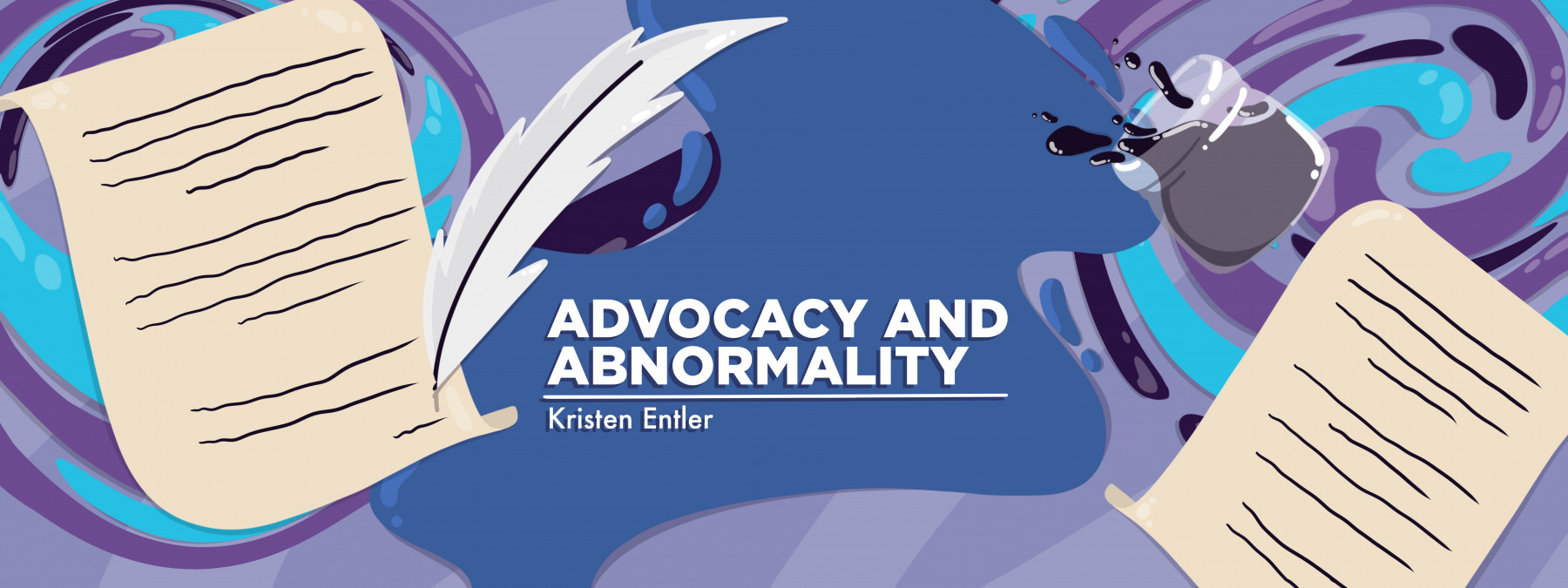Questioning the Psychology of Need
Written by |

Three days before my first semester away from home, I sat in a sea foam green chair straight out of the 1990s. I was 20, six months shy of graduating to my city’s adult CF clinic from the pediatric one, and sitting across from a doctor who was telling me news I wasn’t prepared to hear. Every word he said felt distorted in the way roller coasters make me question the stability of the outside world.
Maslow’s hierarchy of needs is a leading theory in the field of psychology that structures humans’ needs as a pyramid. At the bottom of the pyramid sit basic physiological needs, such as eating and sleeping. At the top is self-actualization, the desire to be the best possible version of ourselves.
“It’s come up twice now in your sputum cultures,” my doctor said, his lips pulling to one side as he pursed them with bad news. “Mycobacterium avium complex. MAC for short.”
I don’t remember much else, except the word “aggressive”; a statistical likelihood of knocking out the infection that was favorable as far as percentages go, but not by much; a prognosis that would drop if the infection wasn’t knocked out hard and fast; and six weeks of IV antibiotics.
“I want a port.” I didn’t make eye contact with anyone when I said it, but immediately after, I looked up at my doctor, who was more compassionate and empathetic than any doctor I’d had before. He agreed a port sounded like a fair ask.
I’ve been lucky enough to stay moderately healthy throughout my life, so I’d only had about five peripherally inserted central catheter (PICC) lines by this point. Even so, the PICC specialist at my home hospital had warned me that my veins were already damaged from them. She didn’t think she’d be able to get another one in me.
We scheduled surgery within a week or two of the MAC diagnosis. This month marks my seven-year anniversary with my port. Thanks to Trikafta (elexacaftor/tezacaftor/ivacaftor), I haven’t needed IV antibiotics in some time. I don’t want to jinx it by giving a number, but know I’m trying to set a record here. I plan to keep my port for as long as I can, and I’m forever grateful for all the extra needle pokes it saves me.
As a chronic patient for 26 years and counting, I’ve had to make a lot of health decisions throughout my life. Asking for a port was the first medical choice I made. I had done the research, talked to online friends who already had ports, read forums and stories like this one, and scoped out my options.
Besides saving my body the trauma of another round of PICC attempts, I was making a choice that I knew would improve my quality of life. Getting a port was one of the best medical decisions I’ve ever made.
I can maintain my port on my own, at least for the most part, something I always found impossible with PICC lines. I was unable to reach the IV line cap to hook up to my medications or flush and lock heparin in, and I wasn’t able to operate extension lines.
It’s a known fact that there is no cure for cystic fibrosis or diabetes, both of which I have. If there’s no cure in my lifetime, I’ll never know what it’s like to be certain that my body will not fail me each day. Under Maslow’s definition, I don’t have the safety of knowing that my base needs will always be met, because my base needs are more vast and nuanced and complicated than Maslow’s theory allows for.
Even with the life improvements my port brings me, I’m still beholden to my body. Yet, I still want to create art (a top-tier need, as he ranks it), and I still want to have stable and meaningful relationships (a mid-level need).
I have spent the past year working on reframing my thoughts to view needs as simultaneous — as a spectrum instead of a hierarchy. Ranking our needs buys into narratives that prioritize one type of need over another. Instead, I’ve found power in recognizing that joy exists alongside pain, and that neither has to outrank the other.
I’m lucky that I was able to get rid of my MAC infection. I’m grateful that if another unexpected infection crops up, I can at least know I’m prepared with one more thing to help me tackle it.
***
Note: Cystic Fibrosis News Today is strictly a news and information website about the disease. It does not provide medical advice, diagnosis, or treatment. This content is not intended to be a substitute for professional medical advice, diagnosis, or treatment. Always seek the advice of your physician or other qualified health provider with any questions you may have regarding a medical condition. Never disregard professional medical advice or delay in seeking it because of something you have read on this website. The opinions expressed in this column are not those of Cystic Fibrosis News Today, or its parent company, Bionews, and are intended to spark discussion about issues pertaining to cystic fibrosis.








Judy Moreland
Very inspiring article, Kristin. Thank you for sharing. May Trikafta bring you better health than ever. I, too, have not needed antibiotics in a long time since I started Trikafta. If I were better about doing airway clearance daily, it would help I'm working on it. I like that advertisement for NOOM: "Progress, not perfection."